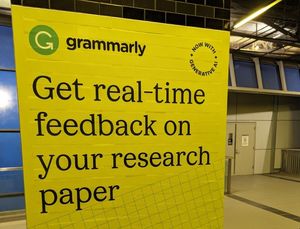… is Zotero. So says Dan Cohen.
I’ll write much more in this space about Zotero over the coming year (and beyond), since I conceive it not just as a free EndNote replacement (actually, it’s already much better than EndNote in only its 1.0 release), but as a platform for new kinds of digital research. The best place to begin to see what Zotero can do is by heading over to the site’s home page and the quick start guide. [Dan Cohen – Digital Humanities Blog – Introducing Zotero]
Zotero has come up in several conversations I have been involved in recently. And I have just seen it discussed here and here.
This buzz is not bad for something in private beta – I look forward to the public one.
In general, it is interesting seeing the general interest in tools which help you grab resources, and annotate and organize them in personal collections. And in some cases share them. Of course, the emphasis may be very different, but they indicate a shared trend. I am thinking of things like Onfolio (‘collect, organize, share’) or Scrapbook. As well as tools developed in the research domain such as Piggy Bank or Zotero itself.
The quick start page talks about how Zotero can ‘sense’ what you are looking at and save citation data into appropriate fields. “The Zotero sensors should work with most library catalogs, some popular dot-coms such as Amazon, and many gated databases.” Will this be popular enough to encourage greater use of relevant embedded metadata/microformats/CoINS ….



